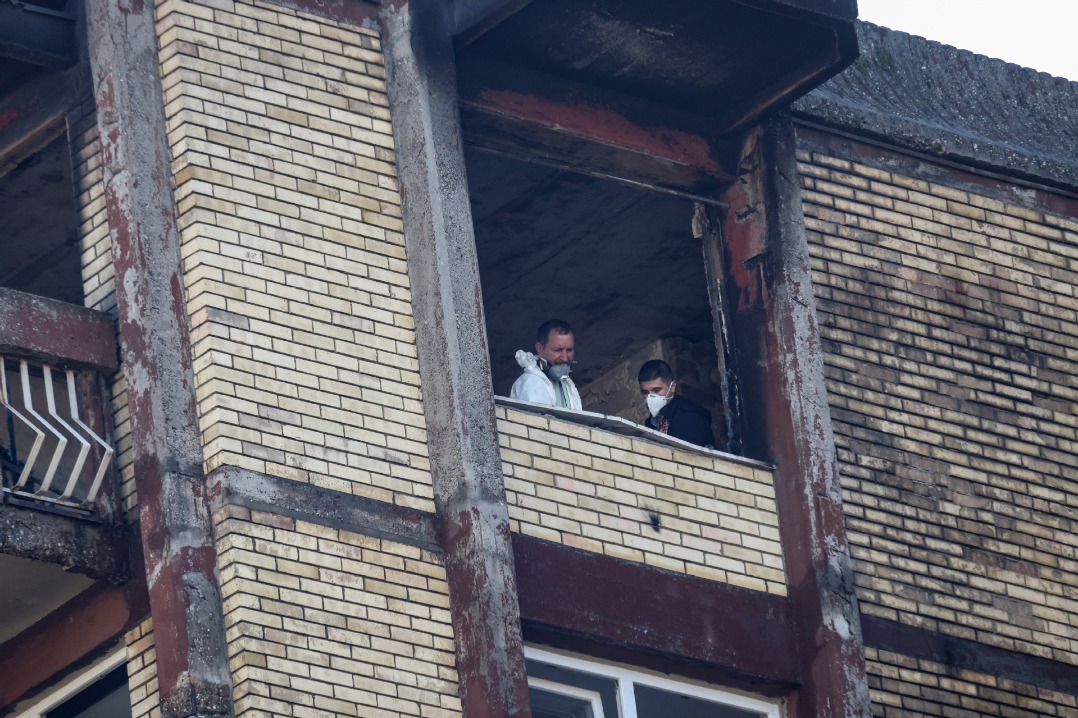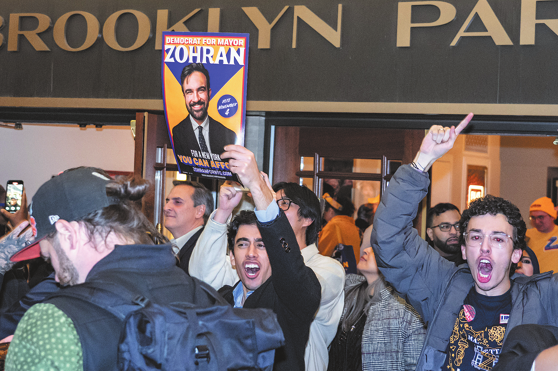UN warns global climate goals slipping out of reach

Global pledges to curb greenhouse gas emissions remain far short of what is needed to avert dangerous climate change, the United Nations has warned, urging the world's largest economies to take the lead in cutting emissions and accelerating green investment.
In its latest Emissions Gap Report 2025, titled "Off Target – Continued Collective Inaction Puts Global Temperature Goal at Risk", the United Nations Environment Programme or UNEP said the planet is still on course for up to 2.8 degrees Celsius of warming this century despite a decade of commitments under the Paris Agreement — a stark reminder of the widening gap between pledges and action.
"The new report is clear and uncompromising: current climate-action commitments still point to climate breakdown," UN secretary-general Antonio Guterres said. "The upcoming COP30 Climate Conference must be the turning point where the world delivers a bold and credible response plan."
He urged countries to "step up and speed up" efforts to reach the 1.5-degree goal by the end of the century.
"Our mission is simple – but not easy: Make any overshoot as small and as short as possible," he said on Tuesday.
"That means peaking global emissions immediately, achieving far deeper emission reductions during this decade, cutting methane sharply, accelerating the transition from fossil fuels to renewables, and protecting forests and oceans – our carbon sinks," Guterres said.
UNEP data showed that global greenhouse gas emissions rose 2.3 percent in 2024 to reach a record 58 billion metric tons of carbon-dioxide equivalent. The 20 most advanced and emerging economies — known as the Group of 20 (G20) — accounted for 77 percent of those emissions, while the least-developed countries in Africa contributed only 3 percent.
According to the report, if countries fully implement their nationally determined contributions — the official pledges under the Paris Agreement — the world could limit temperature rise to between 2.3 C and 2.5 C by 2100.
Under existing policies, however, warming would reach around 2.8 C, leaving a significant "emissions gap" to the levels required for 1.5 C or even 2 C pathways.
"The bottom line is that nations have had three attempts to hit the mark with their Paris Agreement pledges, and each time they have landed off target," Inger Andersen, UNEP's executive director, said. "We still need unprecedented cuts to greenhouse-gas emissions in an ever-narrowing timeframe."
The UNEP noted that only 60 parties to the Paris Agreement — representing 63 percent of global emissions — had submitted or announced new Nationally Determined Contributions (NDCs) for 2035 by the end of September.
Seven G20 members, including China, Brazil, Japan and the United States, introduced new or extended targets, but the overall effect was modest, lowering expected 2035 emissions by about 3.6 gigatonnes of CO₂ equivalent.
The report also warned that the planned withdrawal of the United States from the Paris Agreement in 2026 will erase roughly 0.1 degrees Celsius of progress, as national policy reversals are projected to raise US emissions and widen the global gap.
"While national climate plans have delivered some progress, it is nowhere near fast enough, which is why we still need unprecedented emissions cuts in an increasingly tight window, with an increasingly challenging geopolitical backdrop," Andersen said.
"But it is still possible – just," she added. "Proven solutions already exist."
Renewables offer hope
Despite the bleak outlook, the UNEP highlighted promising trends. The cost of solar and wind power continues to fall, and China's expanding renewable-energy capacity — projected to exceed 3,600 gigawatts by 2035 — is driving global progress toward cleaner electricity systems.
Yet the report cautioned that less than three-quarters of new NDCs include renewable-energy targets and fewer than half contain energy-efficiency goals. To keep 1.5 degrees within reach, global emissions must decline by at least 43 percent by 2030 compared with 2019 levels, the UNEP said.
Guterres pointed out that "clean power is now the cheapest source of electricity in most markets – and the fastest to deploy" and called on leaders to "seize this moment and waste no time" in increasing access to renewable energy.
"The path to 1.5 degrees is narrow – but open," he said. "Let us accelerate to keep that path alive for people, for the planet, and for our common future."
As delegates prepare for COP30 in Belem, Brazil, the United Nations is calling for a unified response to bridge the gap between ambition and implementation.
"Every fraction of a degree avoided reduces an escalation of the damages, losses and health impacts that are harming all nations – while hitting the poorest and most vulnerable the hardest – and reduces the risks of climate tipping points and other irreversible impacts," Andersen said.































